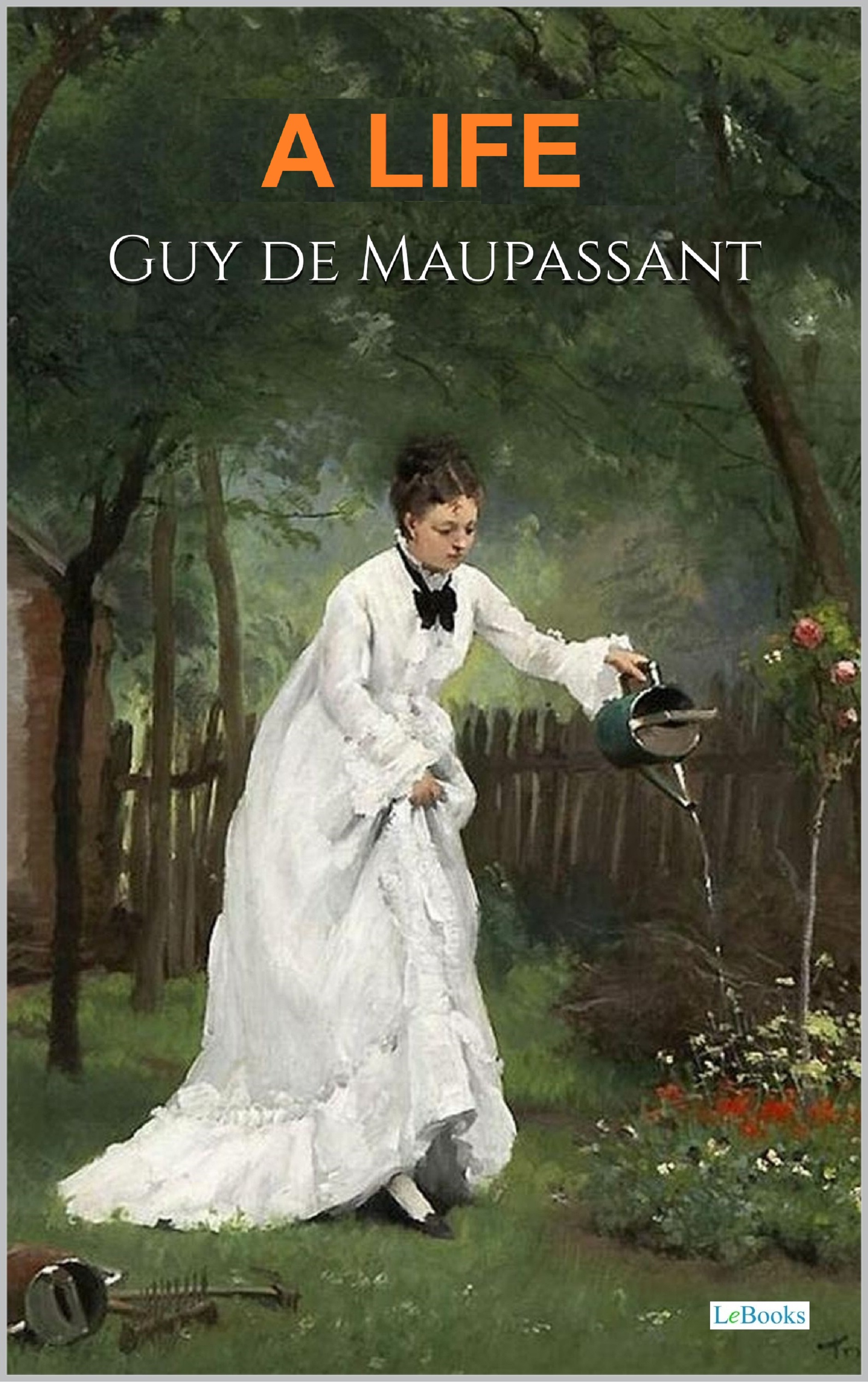
A Life (Une vie) by Guy de Maupassant is a poignant novel that explores the illusions of youth, the harsh realities of life, and the constraints imposed by societal expectations. The story follows Jeanne, a naive and idealistic young woman from an aristocratic family, whose dreams of love and happiness are gradually shattered by betrayal, disillusionment, and the weight of tradition. Through Jeanne's experiences, Maupassant paints a vivid picture of 19th-century French society, examining the roles of women, the oppressive nature of marriage, and the inescapable passage of time.
Since its publication, A Life has been praised for its emotional depth and its realistic portrayal of human suffering. Maupassant's naturalistic style, combined with his sharp psychological insight, creates a deeply moving narrative that resonates with readers. The novel's exploration of fate, endurance, and the loss of innocence cements its place as a classic of French literature.
The novel's lasting significance lies in its timeless meditation on the fragility of human hopes and the resilience required to endure life's disappointments. A Life remains a powerful reflection on the complexities of love, sacrifice, and the often cruel nature of destiny.